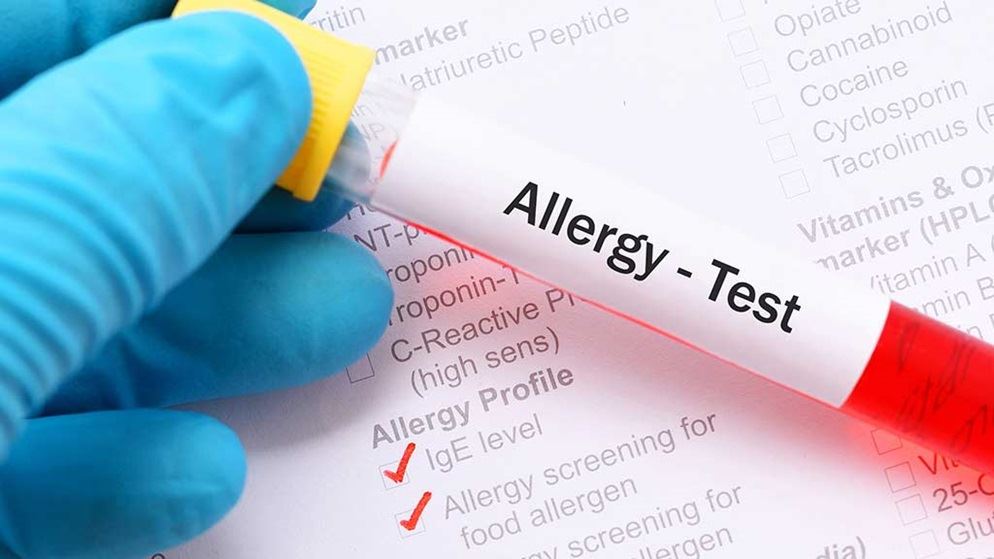Contents
WHAT IS FOOD ALLERGY?
Food allergy can be caused due to changes in the body due to illness or medication or by eating certain foods. Food allergies like lactose intolerance can occur over some time or if one changes their diet dramatically.
The trigger foods can cause inflammation throughout the digestive tract, which brings its efficiency to the minimum and makes weight loss almost impossible.
FOOD ALLERGY AND WEIGHT LOSS
Food allergies cause inflammation throughout the digestive tract. When there is any kind of disturbance in the digestive tract, it’s efficiency becomes less. The calories are easily absorbed, but the nutrients are lost before they can be utilized. This means calories are taken in an excessive amount while the body does not get the nutrition required to create energy and maintain a balanced metabolic system.
Those who are trying to lose weight but are struggling in shedding even a few pounds should consult their healthcare professional about any possibility of food sensitivity. Many people have food sensitivities, but due to mild symptoms, they ignore the case.
If you find a food sensitivity, avoiding those foods will reduce the inflammation of the digestive tract and get it back on track. Eating a healthy and personalized diet may be just the thing you need to begin your weight loss journey.
TIPS FOR WEIGHT LOSS WITH AN ALLERGY FRIENDLY DIET
A restricted diet does not mean that you automatically lose weight. An allergy-friendly diet can make you gain weight.
The reason could be that you are taking too many prepackaged snacks that are allergen-free but are not suitable for your waistline or to fulfill your deprivation, you treat yourself more often. Whatever the reason may be, here are a few tips to help you lose weight with a food allergy.
Choose the right diet plan
If you have a food allergy, it will be best to stay away from diets that involve any kind of mystery shakes or restrict you to just one or two food groups. This means that diet plans like the grapefruit diet are a no-no, but a diet that involves reasonable portions of different food groups is probably adequate.
Consult a nutritionist
Getting all the nutrients your body requires daily can be challenging if you are avoiding multiple allergens. Therefore before you start a weight loss plan, it will be wise to consult a nutritionist. A nutritionist can help you in designing a custom diet, which will give you more nutrition with few calories.
Focus on whole foods
Restaurants and prepackaged foods can kill your diet; they are loaded with salt and sugar; allergy-friendly chips are examples. Home-cooked meals are the best way to lose weight. Apple baby carrots are better snacks than a granola bar. Opt for brown rice instead of white as it has more fiber and helps you feel fuller more quickly. Watch out for fat.
Make your own packaged snacks
Make an easy, healthy, low-calorie snack that fits your diet. Veggies and fruits make great snacks.
Keep a food diary
Keeping a food diary helps you to keep track of the foods that you are eating. It will help you in identifying emotional eating triggers and prevent you from mindless munching.
Get a little help from your friends
Family and friends can help you in your weight loss journey. Find a friend who can join you on this journey or try an online dieting program. You can also join a weight loss support forum and get support and advice from other dieters.

